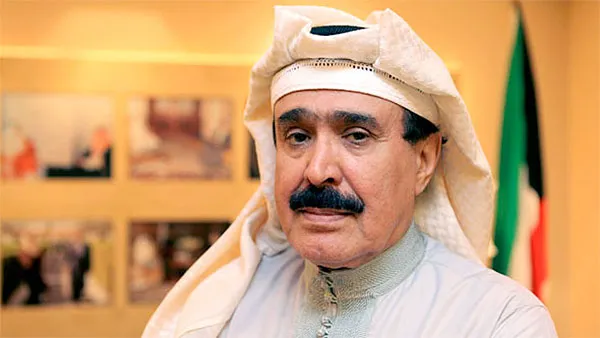14/12/2023
14/12/2023

SINCE the formation of the first society, there have been efforts to enact leadership methods in order to make decisions on behalf of society and to avoid chaos. With time, these societies evolved until they became states that have fixed standards according to the nature of the people and their culture.
However, they all agreed on one thing, which is hearing the citizen’s voice directly both in modern democracies and in countries that have chosen other governing systems.
All of this was aimed for the ruler to remain in direct contact with his people, including the custom of good governance that is currently based on full respect for human rights, the rule of law, effective participation, transparent and accountable processes and institutions, and an efficient and effective public sector.
If any of these standards become corrupt as a result of the irresponsible practice of those in the executive decision-making circles, chaos ensues. Here is where the intervention of the political leadership should happen in order to work on correcting the paths.
In ancient Islamic countries, the ruler worked to monitor the conditions of the subjects either directly or through trustworthy eyes that he appoints in the provinces, or through offices where the employees were characterized by honesty and impartiality, in accordance with the noble Quran verse: “Indeed, Allah commands you to render trusts to whom they are due and to judge with justice when you judge between people … ”
In some countries, they have adopted the so-called open assemblies, which are attended by commoners in order to report their grievances to the ruler, who in turn works on delivering justice where it is due.
Grievances offices exist in all countries, but under different names, and they operate with the utmost transparency to the extent that those working in them are anonymous. Nonetheless, the basic criterion of grievances offices is justice. There is also the so-called “undercover client” who brings before the ruler the violations that occur in institutions.
Therefore, there are countries that have progressed and risen, while others have witnessed many disasters because they chose favoritism and quotas, which rendered such countries off-balance. As soon as it emerges from one crisis, it falls into another, because its institutions revolve in a vicious circle due to the absence of decision-making.
Under such an atmosphere, unjust laws are issued to a large segment of people, because they take into account stakeholders and not the public. In addition to this is the confusion of officials, irrespective of whether they are prime ministers or ministers.
This is because they deviate from what is stipulated in the Constitution or the law, as a result of either their fear of parliamentary accountability, or their inability to make a decision.
This is why the ruler is the judge who works to control government performance. If there is an oversight in approving laws by the legislative authority, he may stop them so that they do not harm his subjects.
In Kuwait today, there is an imbalance in several standards regarding governmental and parliamentary performance, and there is a violation of the constitution.
Therefore, people today are perturbed and do not know the direction the state is heading towards, Is it working in accordance with the “New Kuwait 2035” vision, or are institutions treating crises using painkillers and working on borrowed time?
There is no doubt that this is the most horrific thing that any country is going through. Hence, it must be decided by a strong, supreme hand that restores everyone’s size and sets the boundaries between institutions. This is particularly necessary when there is a small group of advisors who control the course of the state, and people’s rights have been overlooked, either by advising officials to ignore the implementation of the laws, or passing a text that makes them useless, or to be in violation of the Constitution.
In this regard, there is a lesson in Islamic history for everyone who seeks safety and security. It is the story of the Prophet Abraham (Peace Be Upon Him) and the wife of his son Ishmael (Peace Be Upon Him). When he visited them, he had asked her about their condition, and she replied, “We are in distress and poverty.”
He then said to her, “When your husband comes, greet him, and then tell him to change the threshold of his door.”
Therefore, the way out of our current situation is to change the threshold of advisors and executive officials who have proven that they are not qualified for the tasks assigned to them.
By Ahmed Al-Jarallah
Editor-in-Chief, the Arab Times


